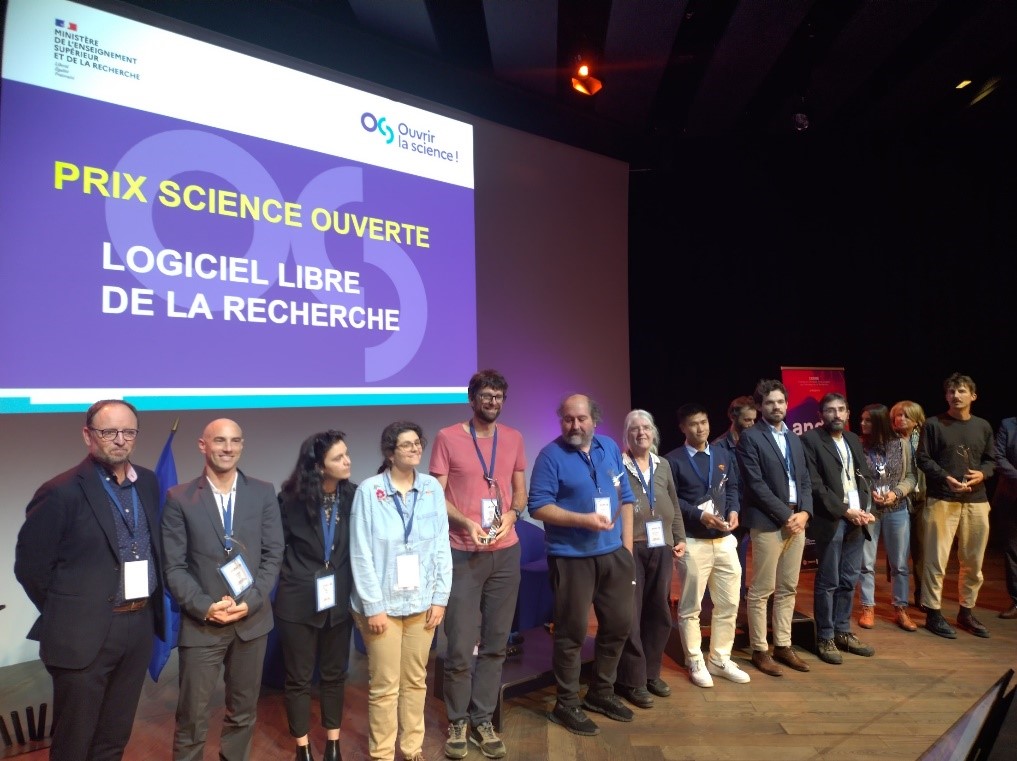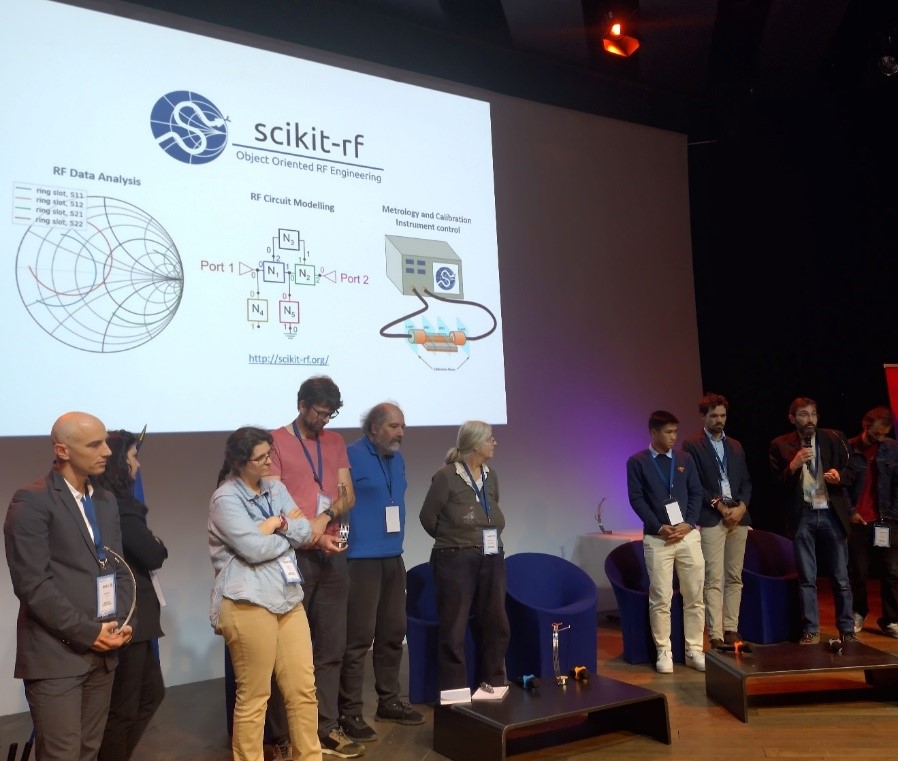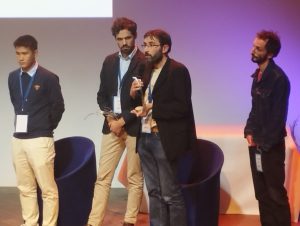Created in 2009 and maintained by CEA/IRFM since 2019, scikit-RF is a free, open-source Python library designed to make radiofrequency (RF) engineering both reliable and accessible. scikit-RF is used worldwide in industry and research across sectors such as space, defence, telecommunications, and electronics. In a domain previously dominated by commercial software, scikit-RF, with over 800,000 downloads and more than a hundred citations in scientific literature, has become a reference library for the analysis of radiofrequency devices over the years. On 26 November 2024, the French Ministry of Higher Education and Research awarded the Open Science Prize for Open-Source Research Software to the scikit-RF project [1].
The rapid development of telecommunication and radiofrequency (RF) applications necessitates efficient and practical tools for designing and characterizing these devices. scikit-RF is a free, open-source Python library created to make RF/microwave engineering both reliable and accessible.
Founded in 2009 by Alexander Arsenovic, while studying at the University of Virginia, the scikit-RF library is distributed under an open-source license (BSD) and actively developed on the GitHub platform [2,3]. Since 2019, its primary maintainer has been Julien Hillairet, a researcher at IRFM specialist in high-frequency heating of magnetic confinement fusion plasmas. The scikit-RF library is used by many universities and research institutes worldwide, including CEA/IRFM for the modelling of plasma heating antennas, at CEA/LETI, CEA/IRFU, and CEA/DAM as well as in the industry ( ANSYS, Keysight, Rohde & Schwarz, National Instruments, Nvidia, 3M, and others). In 2024, the library had been downloaded more than 800,000 times since its inception and cited in over a hundred publications.
The release of the major version 1.0.0 in April 2024 marked the result of 14 years of development by about 80 contributors. Over recent months, the code has been reorganized, refined, and optimized to provide a robust and extensively tested RF/microwave engineering tool. Version 1.0.0 aims to show current and future users that the scikit-RF package has now achieved a significant level of maturity, a sufficiently stable and efficient state, ready for use in production. This means that developers consider scikit-RF ready for widespread adoption. Its development will continue through volunteer contributions on the GitHub platform, with new features, bug fixes, and performance enhancements in subsequent versions.
On November 26, 2024, the French Ministry of Higher Education and Research awarded the Open Science Prize for Opense-Source Research Software to the scikit-RF project. This award highlights projects and research teams contributing to the development and dissemination of free software, recognizing open-source software production as a major contribution and outcome of research.
[1] – Presentation of the 2024 Open Science Award for Free Research Software, website of the French Ministry of Higher Education and Research
[2] A.Arsenovic, J.Hillairet, J.Anderson et al., “scikit-rf: An Open Source Python Package for Microwave Network Creation, Analysis, and Calibration” in IEEE Microwave Magazine, vol. 23, no. 1, pp. 98-105, Jan. 2022, doi: 10.1109/MMM.2021.3117139.
[3] Official Scikit-RF Project Documentation: https://scikit-rf.readthedocs.io/


right photo: Presentation of the Scikit-RF library


